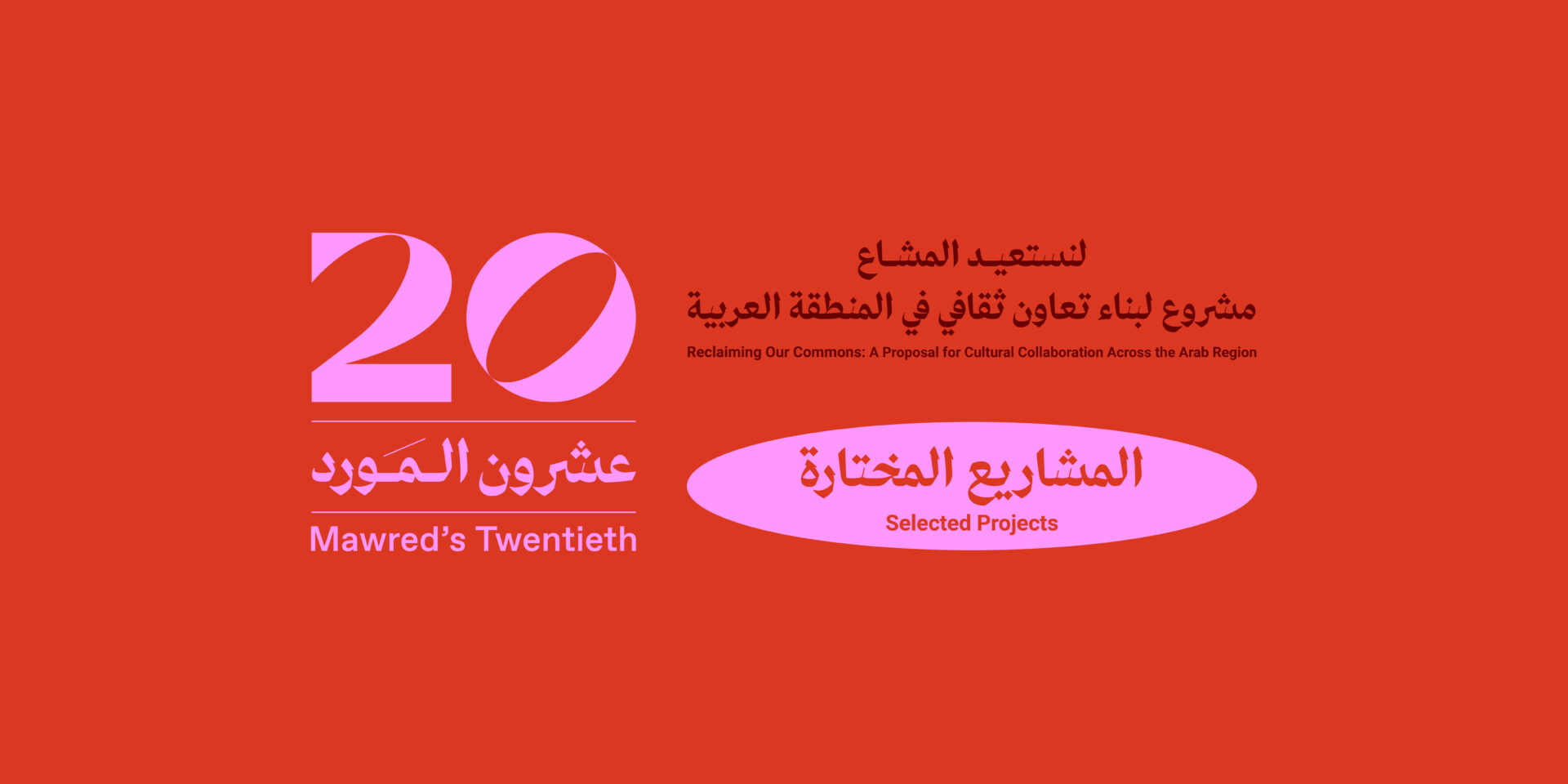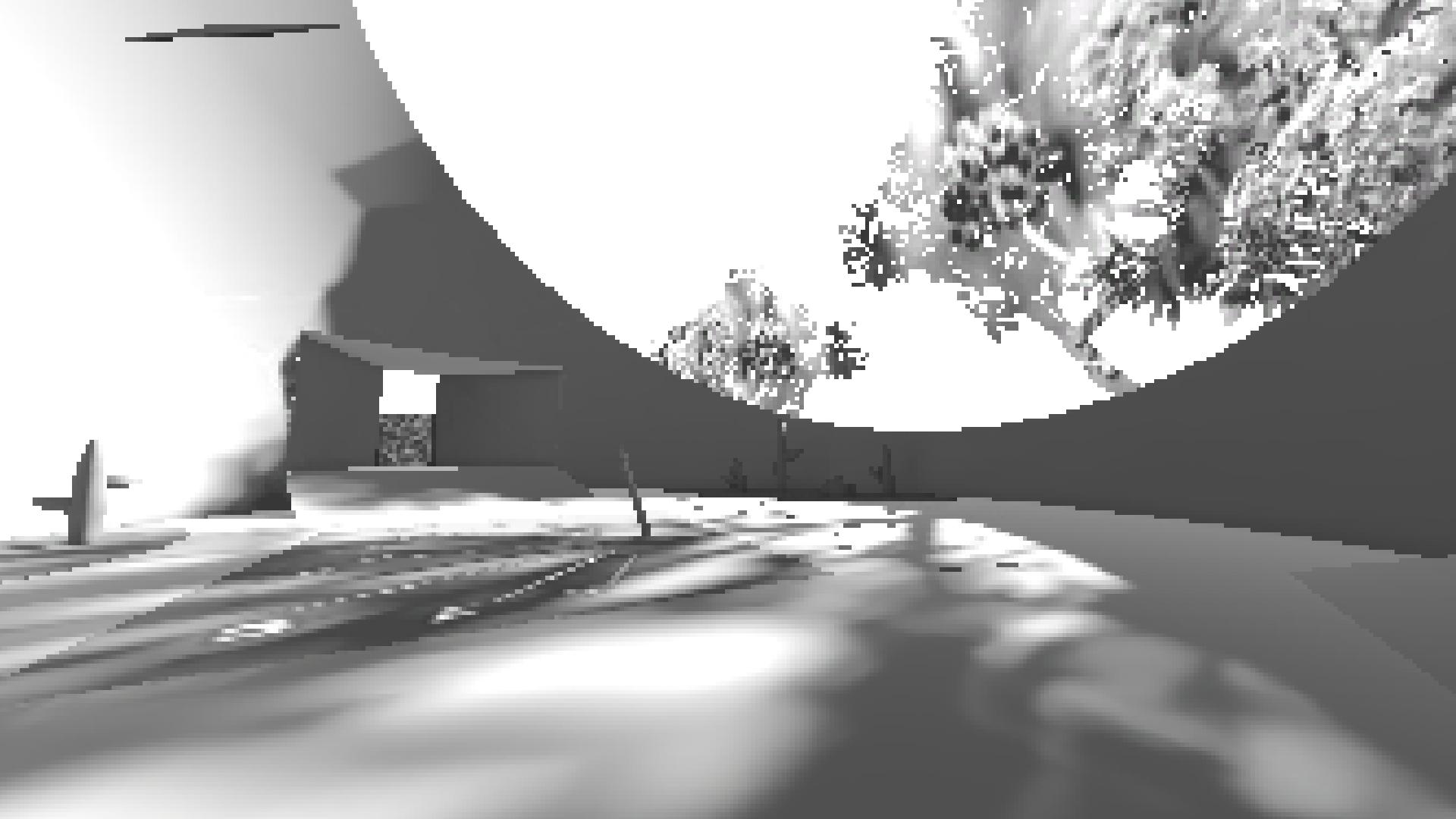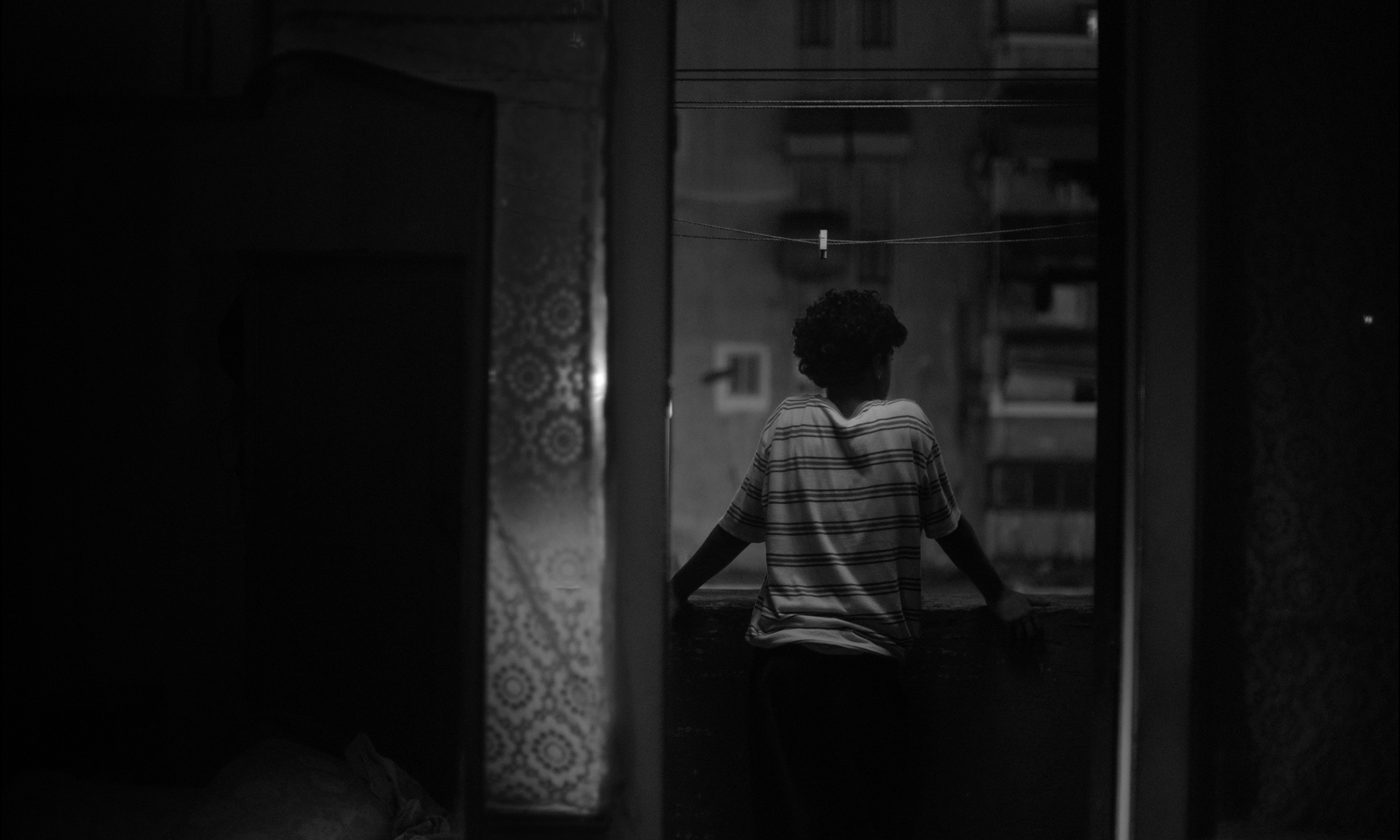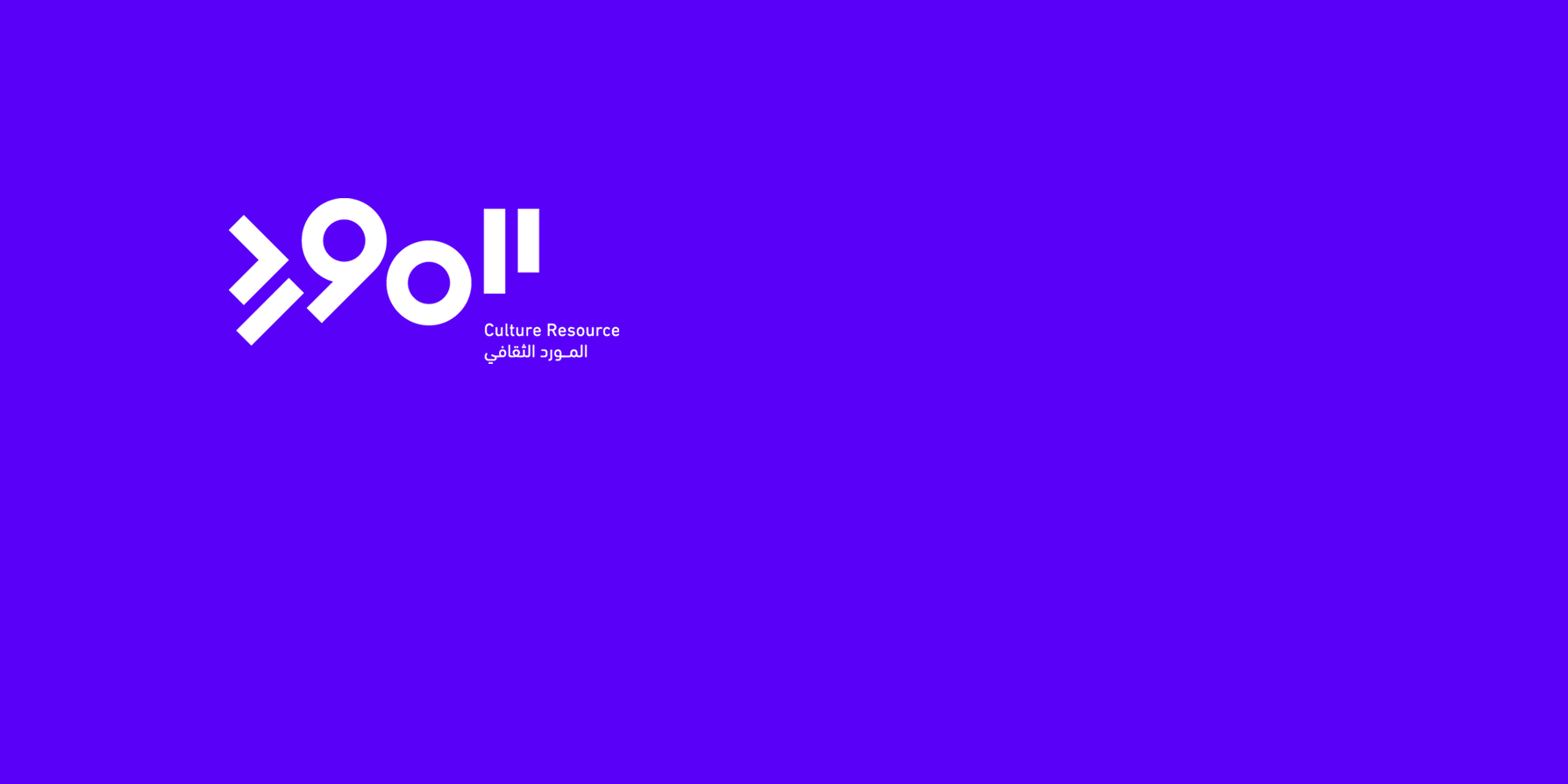Culture Resource is pleased to announce the projects that were selected for the open call “Reclaiming Our Commons: A Proposal for Cultural Collaboration Across the Arab Region,” which was formulated in partnership with A.M Qattan Foundation and developed with partner organizations, including Ettijahat – Independent Culture, Aflamuna, and L’art Rue, which constitute a nucleus contributing to project funding and programming.
The call was launched to mark the 20th anniversary of Culture Resource’s foundation. It’s an invitation to initiatives, cooperatives, independent cultural and artistic organizations, as well as artists and cultural actors, to contribute to building a participatory creative process. It seeks to support artistic and cultural projects across diverse artistic and interdisciplinary domains, provided they adopt cooperative, participatory, and commons-based approaches, whether at the project development level, project ownership, project interpretations and outputs, or project revenues.
The project team received a total of 356 applications from Egypt, Lebanon, Palestine, Tunisia, Morocco, Syria, Jordan, Yemen, Sudan, Libya, Algeria, Iraq, UAE, Mauritania, and the diaspora. The applications were pre-screened for completion and adherence to all eligibility criteria, namely the adoption of a clear commons approach or methodology.
A total of 137 eligible applications were forwarded to an independent jury of three who carried out evaluations of the projects individually, before meeting online to deliberate on their respective results, selecting the following 13 projects.
The Selected Projects:
AWAL Archive & Catalog – AWAL (Morocco)
Between 2017 and 2023, AWAL accumulated recordings of over two hundred ancestral and popular oral poems, ballads, work songs, folktales, legends, and oral history interviews from across the Eastern High Atlas, Middle Atlas, and Southeastern Morocco, towards establishing a participatory oral arts archive. These efforts emerged following a series of “igrawen” (ancestral southeastern Moroccan community assemblies with horizontal, consensus-based structures) involving practitioners of ancestral and popular oral art forms, as well as researchers and visual artists from or based in rural regions. To ensure an inclusive process in which those who record, the individuals recorded and the communities that created the oraliture in question over generations maintain agency over their voices, AWAL has been striving for technical and ethical approaches to archive communitarian, ancestral, and popular artistic expressions as cultural commons, which by its very nature defies the Western conception of intellectual property. This project entails two complementary processes. The first is collecting, archiving, and cataloging oraliture, while the second focuses on organizing, compiling, and mapping a comprehensive catalog of existing archives. This will lead to the production of three common resources: an online oral art archive catalog that will include institutional repositories in Morocco and abroad; a consultable archival repository as a platform for direct consultation and voluntary submissions; and the publication of a handbook on fieldwork methodologies specifically adapted for the oral arts in the Moroccan, and eventually, North African and West Asian context. The handbook will be a precipitate of the ideas and debates of the “igrawen” and will be available as an open source, making it an essential tool for any individual or group seeking to document oraliture or build their own individual, local, or regional oral heritage archives. It would also be a guide to anyone who wants to collect in order to contribute to AWAL’s common archive in the future.
Coercive Common – Butterfly Trace Initiative (Egypt/Palestine)
The Butterfly Trace Initiative is a collective of Palestinian artists and architects and a collaborative cross-border cultural exchange between those residing in the Gaza Strip and those currently displaced to Egypt (Cairo). The collective was initiated in response to the events unfolding since 7 October 2023, and the ongoing genocide perpetrated by the Israeli occupation in Gaza, transforming it into an unregulated, lawless space with a financially and psychologically depleted population. Within this environment, Gazans found themselves experiencing a “Coercive Commons,” namely inhabiting a compulsory and forced collaborative space with others, under the extraordinary circumstances of scarce resources, energy shortages, limited options, and the only remaining primal law dictating their behavior—the imperative struggle for survival. The project explores methods to formalize, document, and narrate the practices of coerced communal living, to transcend the constraints of its coercive circumstances and give rise to alternative communal spaces, or counter-commons. While the artists who still endure the genocide will employ art as a means to intervene on and artistically chronicle the gradual erosion of life within and surrounding them, the artists in Egypt who have for now escaped the atrocities will engage through their unique perspectives and various artistic forms with these narrations and documentations.
Commons Standard Digital Library – MASRAD (Syria/Palestine/Canada/Germany)
Prior to the massive expansion of the internet’s role in publishing content, a number of small publishing houses used to reprint public domain materials and distribute them across Syria and the region. Readers would come across these publications on small newsstands in transit hubs in Damascus, Aleppo, Baghdad, or Cairo. Unfortunately, due to the events of the past decades, those publishing houses have all disappeared. The retreat of these publications made it difficult to reach Arabic-language content through non-commercial means, as such content is often scattered, incomplete, and usually polluted with advertisements. This project is a gesture of longing towards this content – such as books in Syriac, Kurdish, or other published content in languages suppressed by the nationalist regimes of the region. MASRAD comprises a group of Arabic-speaking academics and cultural practitioners in the diaspora with deep roots in their homelands, on a journey to understand the present polycrisis through the cultural heritage left to them by their ancestors, and through a strong belief in the public right to access this content in clean and high-quality forms. The group is exploring a pathway for publishing by establishing a standard for Arabic-language commons. Through this project, they will establish a digital library that follows the highest standards for ebook publishing in Arabic, in all possible file formats to simplify access by any ebook reader. The group will start by applying the methodology to a selected set of books that are in high demand but inaccessible, then establish a style guide that will allow them to continue publishing after the official end of the project’s funding.
A Common Public Library and Auditorium – Arab Image Foundation in collaboration with Dawawine and Cooperative of Cinema Professions (Lebanon)
Lebanon’s political and economic instability has accelerated the Arab Image Foundation’s (AIF) ongoing efforts to develop institutional models based on shared resources, as well as practices of deep listening and learning. In this context, AIF has been shifting internally towards more horizontal and collective work, forming a collaboratory of 8 interdependent collectives and institutions under one roof to address respective needs and common outlooks towards self-organization, as well as the creation of a shared and sustainable ecosystem within the space. This project seeks to establish a Common Public Library and Auditorium as a shared common space to collectively develop content, public programs, and ways of functioning together with two other organizations (Dawawine and the Cooperative of Cinema Professions) within these spaces. This process will allow the Collaboratory to develop economic models together, enabling it to exist interdependently and cooperatively, and will contribute to the longevity of this common space and its partnerships by establishing mechanisms for shared governance, management, knowledge, and resources.
Counter-mapping: Constructing New Imaginaries of Grassroots Citymaking in Amman – Makāna (Jordan)
Mapping is a practice embedded in politics and power hierarchies, and maps as tools are a widely recognized but often disputed form of communication. Historically, governmental bodies, corporations, and other influential entities have utilized maps as instruments of control and dominance, often at the expense of marginalized communities whose needs are disregarded, and rights denied. Countering the top-down mapping practices that dominate the field, the project proposes that mapping can be repurposed to serve social justice objectives. It plans to create a collaborative counter-mapping of the city of Amman, Jordan, highlighting grassroots initiatives and community-led practices that have produced more just, livable, and inclusive places in the city. These initiatives stand in contrast to spaces in the city that are marked by socio-economic segregation, which has been exacerbated by neoliberal planning policies over the last two decades. The project adopts a participatory approach to various forms of knowledge creation and uses qualitative methods and in-person activities with all those involved, including one-to-one interviews, walk-along interviews, storytelling, photography, and interactive mapping workshops. These will be represented in a digital counter-map, a provocative narrative device that links these various elements together and tells an alternative history of placemaking in the city, as well as an accompanying publication.
Film Restoration Workshop (Working Title) – Archive Circulation Initiative (Tunisia/Algeria/Lebanon)
Since 2019, the Jocelyne Saab Association has been working on a collaborative project to safeguard and circulate Arab cinematographic heritage: the Jocelyne Saab Film Restoration Project. This included training technicians on site to restore images in Lebanon and the region (Egypt, Western Sahara, Iran), while freeing themselves from the constraints imposed by institutional funding for film restoration. The training workshops, organized in partnership with a number of organizations, have enabled 10 participants to work on restoring Jocelyne Saab’s films so far, and are now extending their skills and services to other archival collections in the region. The Association has acquired the software needed to perpetuate this activity and wishes to make it available to other film restoration projects. The aim today is to continue skills transmission, through the Archive Circulation Initiative, and to organize additional workshops in other Arab countries, the first of which will be in Tunisia with its partner Muja Films Sirocco, using archives collected by the Archives Numériques du Cinéma Algérien. By enabling the restoration of a marginalized cultural heritage, the Association is creating the conditions for its recirculation. The outcome of these workshops will be the subject of an itinerant festival in various cities of the southern and northern Mediterranean (Tunis, Gabes, Bejaia, Beirut, Mina, Alexandria, Marseille).
The Future of Our Remains – RIWAQ – Centre for Architectural Conservation (Palestine)
There are 26 million tons of rubble in Gaza, including soil removed from the walls, ceilings, and beams of historic buildings as they are prepared for restoration. In light of the scarcity of resources and restrictions, such soil becomes a valuable component for agriculture, requiring clear management and awareness of the global resource shortage and unsustainable consumption patterns. This project focuses on Palestinian villages and their history, knowledge, and resources as commons and is concerned with research and experimentation on recycling the remnants of restoration sites on agricultural land. It relies on the involvement of the community and partners in the recycling process, and on dialogue about materials and resources and their relationship to land and consumption, and the formation of a collective space designed and implemented by the local community, in cooperation with agricultural collectives, artists, and architects. Through such discussions, the project emphasizes the potential use of this as soil for agriculture. RIWAQ has selected the village of Silat Al-Dhahr, south of Jenin, as a site for its current activities, beginning its journey to document, restore, and rehabilitate the historic center as part of its “50 Villages” plan. The project includes a series of community workshops, with agricultural collectives and with archaeological specialists in the rubble sorting stage, as an initial experiment towards developing a residue management approach.
Hakurat al Bireh Community Farm – Hakurat al Bireh (Palestine)
Hakurat al Bireh Community Farm is an agricultural and cultural movement that began in October 2023, aiming to achieve food sovereignty in the city of Al-Bireh, Palestine, through organic farming and to reclaim food production in Al-Bireh’s empty lands. By the end of December 2023, the cooperative had cultivated five backyard plots. The culmination of this movement was establishing a community farm spanning 5 dunams of land, generously granted to them by the Al-Bireh diaspora, to establish a communal organic farm in the city. This project is led by a group of women from Al-Bireh, seeking to enhance women’s roles in their community, support the idea of food sovereignty, and provide organic food for their families. Their goal is to achieve self-sufficiency and income by the second agricultural season. The group is committed to cultivating the farm for at least 6 to 8 years, with the hope that the project will continue indefinitely and serve as a model for food production and daily life practices in Palestinian cities and a space for reimagining and rebuilding their relationship with public and private institutions regarding sustainable local production.
Images of the Masses – Wekalet Behna (Egypt)
Modern Egyptian history is punctuated with numerous watershed events that found large crowds gathering for varied reasons and under various circumstances. These can be seen as transformative moments in the trajectory of public consciousness, implicit arenas where the masses assumed control of the public sphere with its material and moral representations, redirecting it beyond the roles predefined by the state. This project aims to utilize shared resources and available knowledge to delve into and critically examine the occasions and moments when large crowds of the masses gathered in their various forms and manifestations throughout the history of post-independence Egypt. The project focuses on five central moments in the history of crowds in Egypt, from 1970 (Nasser’s funeral) until 2011. It traces these moments of mass gathering with their various romantic, political, and social connotations, and their relationship to the momentary and extended notion of public sphere, as well as their achievements, potentials for progress, and defeats. It also examines the questions of collective coexistence, participation, material and symbolic solidarity, friendship, civil work, and mutual understanding that occurred in the history of the nation state in Egypt. Within this framework, the project relies on collective work by inviting a number of researchers, artists, filmmakers, jurists, activists, writers, musicians, and architects to discuss, read, watch, and listen to archives, sources, and commentaries related to those moments and ideas around crowds and masses. It aims to produce a pamphlet containing a collective text, as well as a reading program and a film program about the representations of crowds in Arab cinema and the global South. The project concludes by launching a publication containing the collective texts and an open studio for the public to access the sources, archives, and works they relied on during the research period.
REEF Ambassadors – REEF Collective (Lebanon)
This project builds on an experiment conducted over five days in 2023 as part of the REEF film festival in Kobayat, Akkar region, Lebanon, during which the REEF team raised awareness among youth on ecological issues through educational leisure activities and participatory film selection. The Collective aims to integrate this experiment into a cooperative and youth empowerment framework around environmental commons. The project will involve forming a group of 15 to 20 youths aged 13 to 17 from the Akkar region who will engage in a year-long adventure together. During this year, they will be learners, creators, organizers, and ambassadors for a common cause. At the intersection of environment and culture, their program will include immersive nature activities, exchanges with biodiversity experts and ecological activists, and intergenerational dialogues with elders who are guardians of rural traditions. They will also receive training in basic photography, filmmaking, story writing, and acting. Together, they will define collective work processes, governance, and task allocation, and produce a joint artwork that will be disseminated and made available to the community. This group of young people will also act as messengers to their peers in the schools they attend, their families, and local communities, as well as new cohorts of young people participating in the program in the future.
The Regional Expansion of the Public Inter-Library Online Technology (PILOT) – Cairo Lab for Urban Studies, Training, and Environmental Research – CLUSTER (Egypt)
The proposed project to expand the Public Inter-Library Online Technology (PILOT) builds on an existing and growing bilingual platform for library collections and archives, which CLUSTER started in 2013 and housed in over 30 civil society organizations in 5 cities across the Middle East and North Africa region. It is situated within the political and cultural context of Egypt and the Arab region, where many public libraries are either closed to the public or have very limited collections and information systems. On the other hand, several civil society organizations have their own specialized collections of books, magazines, films, and archives, access to which remains restricted to their staff members and a small circle of experts in the artistic and cultural field. These collections often lack standardized cataloging systems, hindering the possibility of a wider network of knowledge exchange between libraries. PILOT is premised on rendering private, specialized, and closed library collections accessible to wider public audiences through a shared universal cataloging system, capitalizing on existing resources within each civil society organization towards a regional and inter-disciplinary space in common. The scope of the project includes expanding to new member libraries in Iraq, Libya, and Algeria by organizing training workshops for their staff in indexing and transliteration (romanization) systems and providing technical support that will ensure the sustainability of their growing collections. In parallel, the project proposes launching an online feature of PILOT after digitizing a small collection not bound by intellectual copyrights.
Sudan Art Archive – The Muse Multi Studios (Sudan)
Visual arts in Sudan are marked by a wide variety of productions, both historically and in the present, and art was never separate from social movements, as Sudanese artists initiated discussions about their schools and artistic thinking, resulting in diverse and rich visual presentations. This thought and the discussions surrounding it gave rise to multiple generations of modern art schools represented by the College of Fine Arts in Sudan, which may be considered one of the most important modern art institutions in the Arab region and Africa. Despite this heritage, there is no common archive for these works or a specific category for visual arts in their various aspects. As such, the Sudan Art Archive project aims to establish a digital archive to protect Sudanese artistic heritage by covering 50 years of artistic creativity and documenting artworks, artists’ lives, and artistic institutions that have been active for over half a century of Sudan’s history.
Taboo – Dahaleez Collective (Palestine)
In Palestine, and particularly Gaza, public and private spaces are being decimated in Israel’s genocidal war, turning them from places of dwelling and building to places of refuge or irrecuperable destruction and loss. In this context, the memory of places is a commons under threat of theft and destruction, spanning history from the distant to the recent past and daily present, while the private becomes public, and place references and names are altered and mixed. Homes have been turned into streets, streets into shelters, schools into homes, and doors are forever flung open. Yet the memories and stories of such places and spaces remain. Given the scale of the destruction, the place-memory of individual Palestinians becomes a generalized condition of remembering, to which Palestinians (should) have a right. This project seeks to recuperate ordinary places or significant landmarks through the telling and retelling of personal and public memories about them, confirming them as ‘title deeds to the land’ (taboo in Arabic) in the face of ethnic cleansing, occupation, and eviction. Dahaleez are a collective of six artists based in Palestine and the diaspora, where they have been practicing as a commons for several years and hoping to expand their collective organically. Through this project, they will produce an interactive map of Gaza containing geographically situated images, videos, writings and other artistic outputs pertaining to the memories of specific destroyed places, which hold significant collective value as well as ordinary personal attachments. These are to be available in the map both as accomplished works and as ‘raw’ materials for further engagement and use by artists in the collective, while memory materials of additional destroyed places are continuously elicited from other interested artists for public access and engagement.
Jury Statement
The jury highly values all the projects submitted to the open call “Reclaiming Our Commons: A Proposal for Cultural Collaboration Across the Arab Region”, as they offered a remarkable testament to the vitality of the Arab region. The various projects have revealed how attempts to control and eradicate the meanings and practices of life – whether in Palestine, Sudan, Yemen, Syria, Libya, and Lebanon and differently in the remaining Arab countries – have failed to disintegrate or annihilate them. Instead, these attempts have sparked a desire to create lives that resist humiliation, destruction, death, marginalization, domination, and oppression.
Archiving practices were one of the prominent features of many of the eligible projects we reviewed. The jury was particularly interested in projects that question the nature of the archive, how it is formed, and the relation between the past, present, and future. These projects dedicated significant efforts in their proposed methodologies to exploring the link between archiving and creating communal spaces that actively influence daily life, allowing participants to imagine alternative ways of living.
Additionally, projects that drew the jury’s attention adopt a participatory methodology at every stage, as they explore the potential for adapting working methods and execution plans, allowing them to bridge various disciplines and connect actors within the broader cultural field.
The jury also found that projects, which thoroughly incorporate a participatory approach and creating a commons throughout all phases of their proposals, were able to envision programs with significant public relevance. Examples include sharing equitable roles, responsibilities, rights, spaces, and decision-making practices. Such projects also demonstrate a clear approach to documentation, enabling them to build upon previous achievements.
The concern with the commons and collaboration is evident in the language used to craft the proposals’ narratives, particularly in avoiding resorting to elitist concepts. This concern is further reflected in imagining innovative practices, with the involvement of various partner groups in the brainstorming, dialoguing, and decision-making processes. The selected projects excel in creating an interactive language and presenting realistic plans and outputs that are significantly rooted in public contexts while sticking to attainable goals.
We conducted in-depth and insightful deliberations over three days to select the 13 projects, given the quality and diversity of the submitted applications. We wish these projects every success and hope this experience inspires other projects and initiatives, opening up new horizons for commons approaches and practices in the artistic and cultural field.
Jury:
Hanan Sabea / Egypt, Associate Professor of Anthropology at the American University of Cairo.
Hassan Darsi / Morocco, Visual artist and founder of a number of commons initiatives.
Lara Khaldi / Palestine, Artistic director and curator of de Appel for Arts in the Netherlands.





